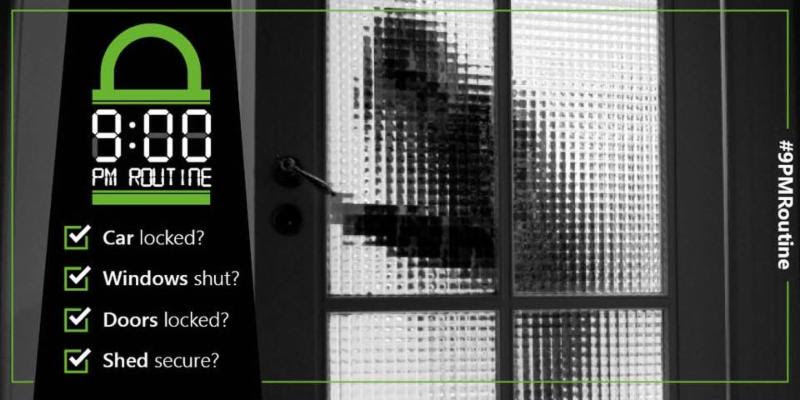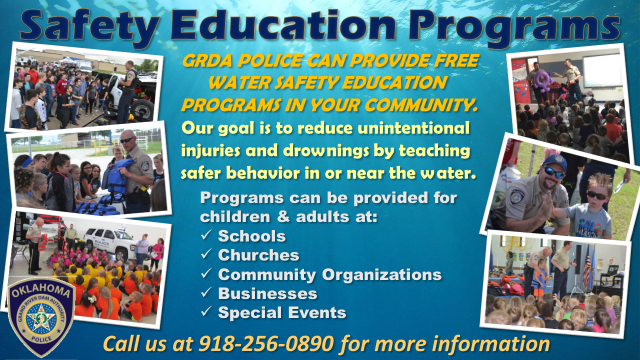October 16 GRDA Weekly Report

Getting Your Boat Ready for the Winter
- Changing the crankcase, gear case oils and filters.
- Replacing spark plugs.
- Lubricating engine fittings and the propeller shaft.
- Topping off fuel tanks and adding stabilizer.
- Removing hoses from water pumps.
- Connecting the batteries to a trickle charger and storing in a cool dry place.
- Installing dehumidifiers in the cabin to prevent mildew while it’s under cover.
- Remove food, drinks and trash since drinks will freeze and remaining food may attract animals that will trash the inside of your boat.
- Winterize the Engines, Heads, A/C’s, Hot water Tanks and Water Systems: Engines will freeze/burst when they aren’t winterized, the same applies with the A/C, head and water systems.
- If stored on a trailer- remove the drain plug: Rain water can fill your bilge if the cover fails, and if you attach the drain plug to the steering wheel; next spring you’ll remember to reinstall it.
- Clean the boat and Cover it. Use the support poles, and cover it securely.

9 pm Routine

Mobilizing Towards Michael
Get Connected

Dock Remains Closed
Work continues to progress on the shoreline stabilization project near the Ecosystems and Education Center. The Grand River Dam Authority is working on the shoreline near the courtesy dock located on Grand Lake, just behind the center in Langley, which is closed temporarily. Because of the presence of heavy equipment in the area, it is necessary to close the dock and the access path to allow the work to proceed safely. GRDA anticipates the project will be completed in late November.
Did You Know?
Safety Education Programs

Updates on the Web
Did you not receive our latest GRDA Update? Do you have a friend that wants to see our Updates? You can now go to our website at GRDA.com to view the latest edition of GRDA Police Updates. Go to the Lakes/River tab, open the GRDA Police tab and click on the GRDA Police Update for the latest version of our email release.
Boating Tips From the GLSPS
NAV TIME
- Never use your PWC to disturb, chase, or harass wildlife.

|
Do not dock or beach your PWC in reeds and grasses
|
Get your free copy today!

Rocktoberfest


Shangri-La Fall Festival

Do you have a Special Event Planned?
PLEASE let us know about your lake or river events so we can provide the resources you may need to make it a positive experience!
2018 Fishing Tournaments
